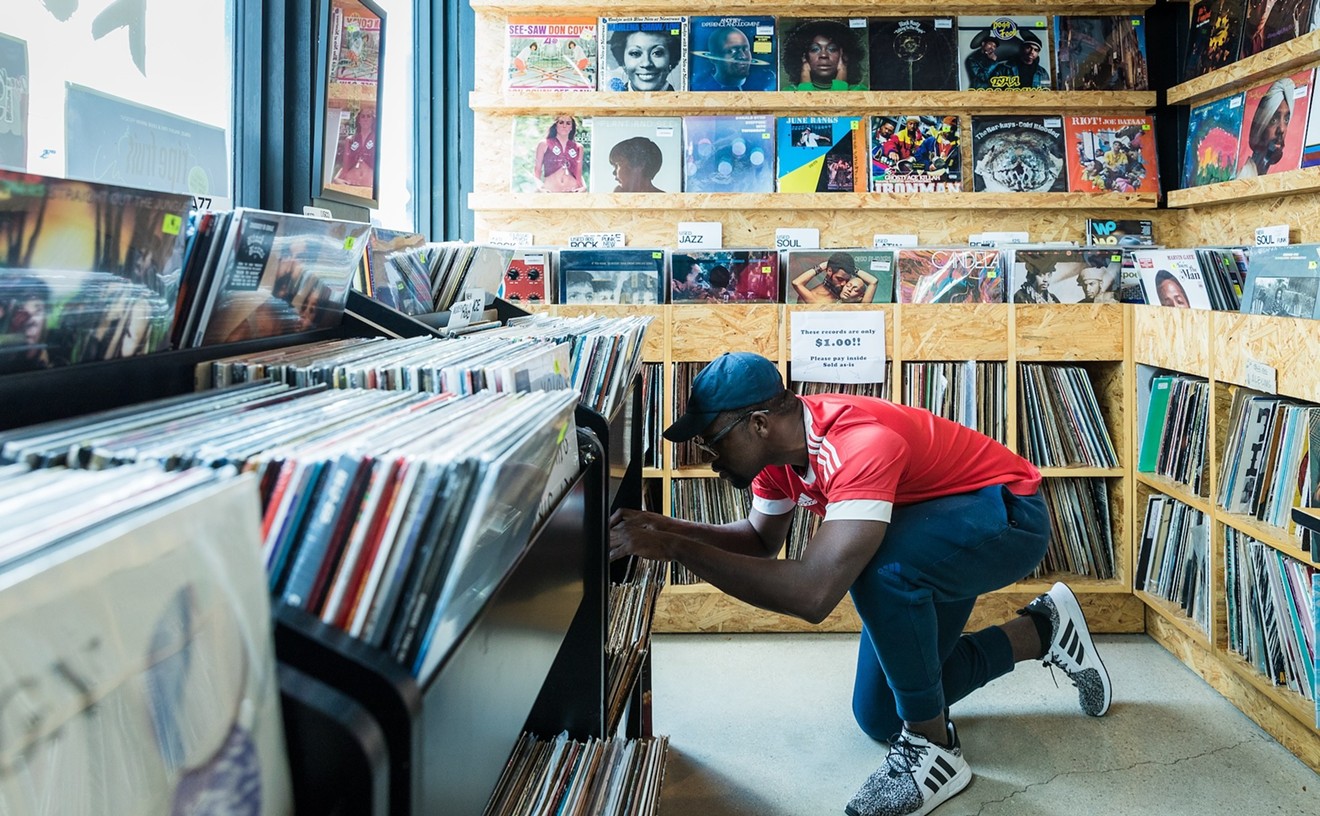Suddenly everyone has heard of Juanes, Bacilos, and the Argentine Hip-Hop Sindicate -- all nominated acts that for many have come out of nowhere. "That's just because the radio in Miami does not reflect the real quality of Latin music," argue Bacilos.
Do the Latin Grammys do a better job? "Well, if they didn't, then Cristian Castro would win all the Grammys and be the best Latin musician," the trio argues cynically. What the guys might not realize is that the Billboard-topping singer in blue will surely have a few Grammys reserved for him when his latest album, Azul, is eligible next time around.
"Anyway, we already won," says a band member in the humble tone that conforms to the standard script: We're just happy to be nominated. "At this stage it all gets a little ridiculous. How are you going to compete?" asks singer Jorge Villamizar, in reference to the absurd and poorly thought-out selection of the nominees for Best Pop Album by a duo or group.
Looking over the competition with a critical eye, you have to wonder about the validity, seriousness, and credibility of this prize. When in musical history has it been possible to take old-time Mexican romantic Armando Manzanero and Cuban jazz great Chucho Valdés and put them in the same box as Spanish rock babes Ella Baila Sola (She Dances Alone) and their compatriots, the overblown pop iconoclast duo Miguel Bose and Ana Torroja, along with the cerebral folk fusionists Bacilos? Throwing these acts together is like declaring a race where some contestants drive Formula One cars, others peddle bicycles, and others wear roller skates. Who deserves to win?
Just what conditions should an artist have to be celebrated, and what are the parameters for selection by the jury? The judgment could take into account the popularity of the artist, record sales, and radio and television promotion, but quality -- which some say is draped in evening dress and honors at this event -- can leave much to be desired.
The extravagant attention-grabbing Dominican merenguero Toño Rosario is a case in point. Done up in dark shades and heavy makeup, he is trying to look younger so he can say his Grammy-nominated album Yo Soy Toño (I Am Toño) has something for everyone, but especially for the masses. Here is living proof of the theories that hold the media does not give the people what they want but makes them want what the media gives them. "You will have to come back to take a picture of me with my two [Latin] Grammys," Rosario boasts.
Is it possible that a song that does nothing more than repeat the title, "Yo Me Muero por Ella" ("I Would Die for Her"), over and over could be nominated for Best Tropical Song? This could only be a joke and an insult to the human intellect if we stop to think about songs written by the merengue great Juan Luis Guerra or even by Kike Santander (who is also nominated for a composition he wrote for Gisselle).
If Rosario's prediction comes true, then some artists will go home with prizes on Latin Grammy night, while many others will leave with nothing but their talent. If there is anything worthwhile in the event, it is to be found in a simple observation made by Bacilos: "More than anything, the [Latin] Grammys are a very good forum for recognizing artists who don't get any promotion on this side of the pond."










